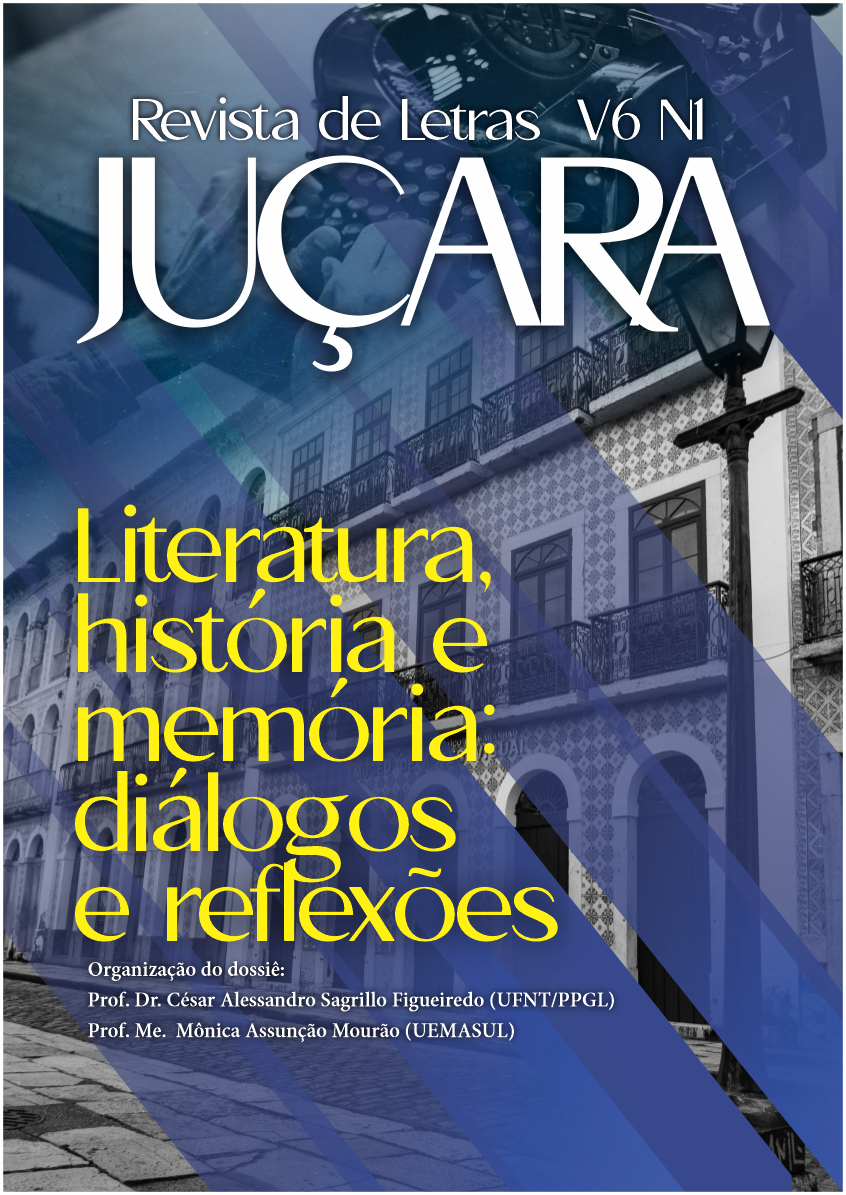OS ESTRANGEIROS (2012), BY MARCONI LEAL: THE FORMATION OF THE CONSCIOUS LITERARY READER - BETWEEN HISTORY AND LITERATURE
DOI:
https://doi.org/10.18817/rlj.v6i1.2814Abstract
Abstract:The formation of the literary reader is a subject much debated over the last years by academies and educational institutions. In view of this, we seek, in this text, to present some reading possibility based on a hybrid narrative of history and children's/juvenile fiction, which we conceive as critical/mediating, since the literary text, which we present here, aims to approach the hegemonic official history of fiction and promote some reflections on the past - in this case, the insertion of the Jesuits and the process of catechization of indigenous peoples in the colonization period of Brazil. For this, we anchor ourselves, as a theoretical basis, in the path of Brazilian children's/juvenile literature presented by Coelho (2010), as well as in the theory about the contemporary historical novel of mediation, proposed by Fleck (2017), among other theoretical assumptions. Also, as some reading and analysis proposal, we chose to approach the work Os estrangeiros (2012), by Marconi Leal, which, we understand, is a critical/mediating narrative capable of resignifying the past. As a result of this reflection, we found that the hybrid literature of history and fiction for children and teenagers is a viable possibility for the formation of conscious readers, because by comparing fictional texts to historical ones, the reader is able to establish relationships between these discourses and reflect on the scriptural intention of each of them, thus promoting a more conscious look at the past.
Downloads
Published
How to Cite
Issue
Section
License
Copyright (c) 2022 Fernanda Sacomori Candido Pedro, Gilmei Francisco Fleck, Vilson Pruzak dos Santos

This work is licensed under a Creative Commons Attribution 4.0 International License.
A submissão de originais para a Revista de Letras Juçara implica na transferência, pelos autores, dos direitos de publicação. Os direitos autorais para os artigos publicados nesta revista são do autor, com direitos da revista sobre a primeira publicação. Os autores somente poderão utilizar os mesmos resultados em outras publicações indicando claramente a Revista de Letras Juçara como o meio da publicação original.


